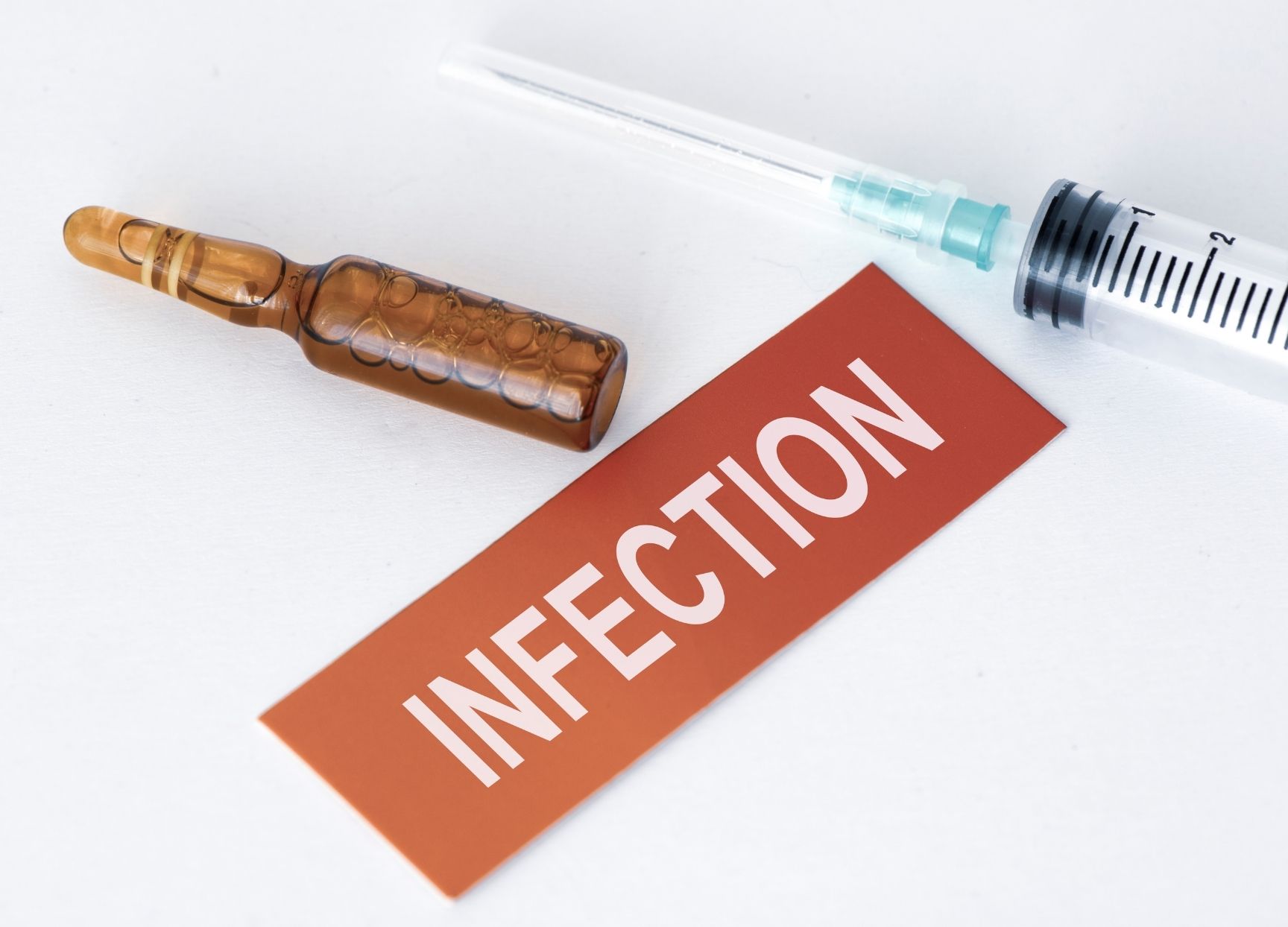Dr Victoria Swale
Consultant Dermatologist
Specialist expertise: Skin Cancer, Vulval Dermatology, Dermatology, Moles, Acne, Eczema, Dermoscopy, Skin Surgery, Cryotherapy, Curettage, Skin Biopsy, Lesion Removal, Mole Mapping, Psoriasis, Pigmentation Disorders, Warts, Alopecia, Skin Infections, Oral and Genital Skin Disorders, Lichen Sclerosus, Lichen Planus.

